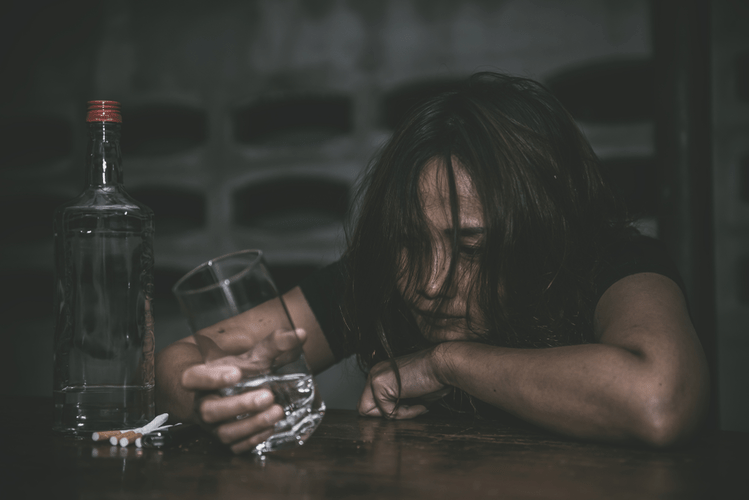It is going to take all their attention to make it through this early part of recovery. It is common to have very low self-worth and not feel very important or very likable. It is challenging to attract and give love when you don’t feel lovable. The first really positive action we can take is to become abstinent.
The key to a happy life is not just to have relationships, but to have HEALTHY relationships. In recovery, we must work to establish health and wellness in all areas of our lives. This includes how we interact with the world around us, how we approach the very sacred relationship we have with ourselves, and how we communicate with our Higher Power. In a relationship after rehab, there will be times where you need to protect yourself and your health.
Coping With Relapse and Seasonal Affective Disorder
That being said, your most important priority needs to be protecting your recovery. This means taking care to not put yourself in situations where your recovery is likely to be at risk. It will be helpful to resist the urge to focus on fixing your relationships and keep the focus on making progress in your recovery. As you continue to work on your recovery, your relationships are likely to improve over time. The best way to resolve relationship issues is through slow, incremental change.
Supportive relationships provide a sense of belonging and understanding, which could greatly impact an individual’s journey towards recovery. Science suggests that supportive relationships help individuals to remain sober and face the difficulties that come with it by offering emotional support, motivation, and accountability. Moreover, these relationships create a safe space for individuals to express their feelings and struggles without fear of judgment or rejection. Supportive relationships play a crucial role in addiction recovery, offering a vital source of comfort, understanding, and motivation.
Create your account
The International Classification of Functioning (ICF) framework can be used to identify the main factors that can distinguish among the possible subgroups [16]. The ICF is a classification of health and health-related domains, and it focuses on the functioning of persons in their context. The ICF conceptualizes how patients’ https://ecosoberhouse.com/article/should-you-have-relationships-in-recovery/ health status, functions/structures, activities, participation, and environmental and personal factors are interrelated and influence one another. The assumption is that biological, psychological and social factors all play a role in the development of impairments, activity limitations and participation restrictions.
An important aspect of any new romantic relationship is to be upfront about your recovery. You don’t have to say you’re sober on the first date – it may come up naturally in conversation as you’re getting to know the other person. Your sobriety doesn’t have to be the focal point of the relationship either, but it’s certainly a large part of who you are. Chronic drug and alcohol abuse can damage relationships, and lead to severe emotional pain and unhealthy coping skills, such as enabling.
How repairing damage and building healthy connections improves recovery
Among patients in all living situations there was a positive effect of being employed on recovery, but this effect did not occur among children (18+) who were living with a single parent. The lack of an effect among these patients might occur because the tasks that are required https://ecosoberhouse.com/ of them in caring for their single parent hinder their recovery. Meta-analyses of the physical and mental health effects of informal care have shown higher levels of depression and physical health problems in informal caregivers compared to non-caregivers [30, 31].
Marriage After Sobriety: What to Expect – PsychCentral.com
Marriage After Sobriety: What to Expect.
Posted: Thu, 26 Jan 2023 08:00:00 GMT [source]
While no individual’s life is completely stress-free, there is no reason to add a toxic friend, relative, or loved one to the normal sources of stress in life such as school or work. Stress is often the reason that people turn to drugs to feel relief or to “take the edge” off. Rather than entertaining a toxic relationship, it’s better to put distance between yourself and the person so they can change. However, if they can’t make a commitment to change, there is nothing wrong with ending the relationship. Keeping social connections is crucial for ongoing recovery as positive relationships provide support networks that help prevent relapse. Being around individuals who encourage sobriety increases morale and self-esteem while lowering feelings of isolation or loneliness.
While it can be tempting to revert to old, dishonest tendencies, leading with honesty will promote a successful recovery. Skip the Monday blues and give a big hello to Primary Therapist at Lantana, Chip Eggleton, on this #MeetTheTeam Monday. Chip was inspired to pursue a substance use disorder treatment career after his experience with the recovery community. They give individuals understanding, encouragement, and accountability.




Leave A Comment